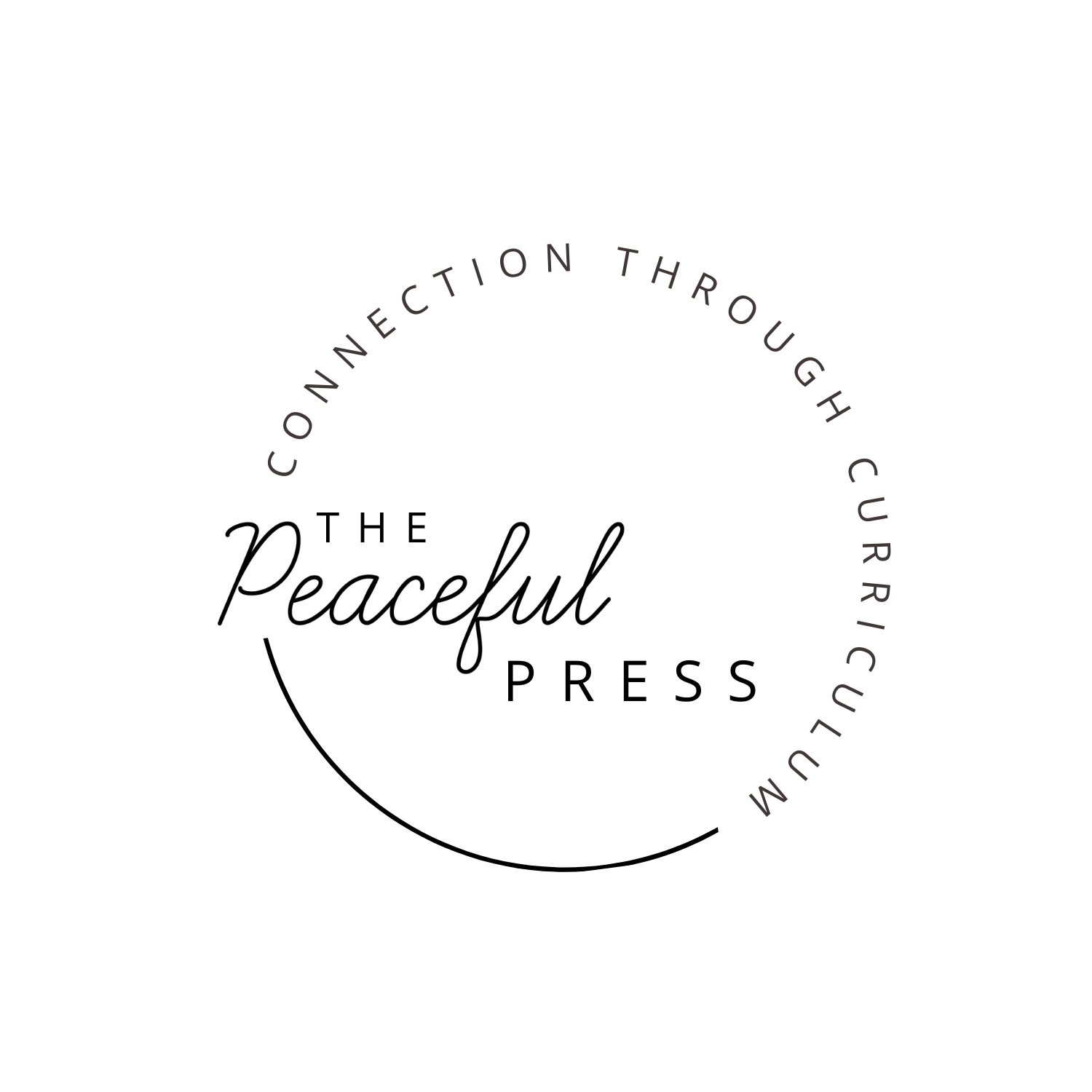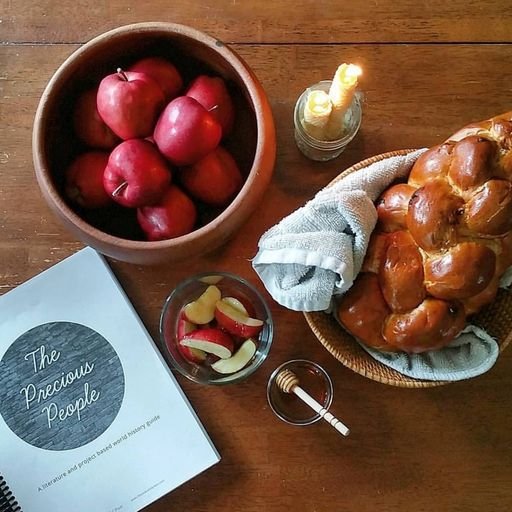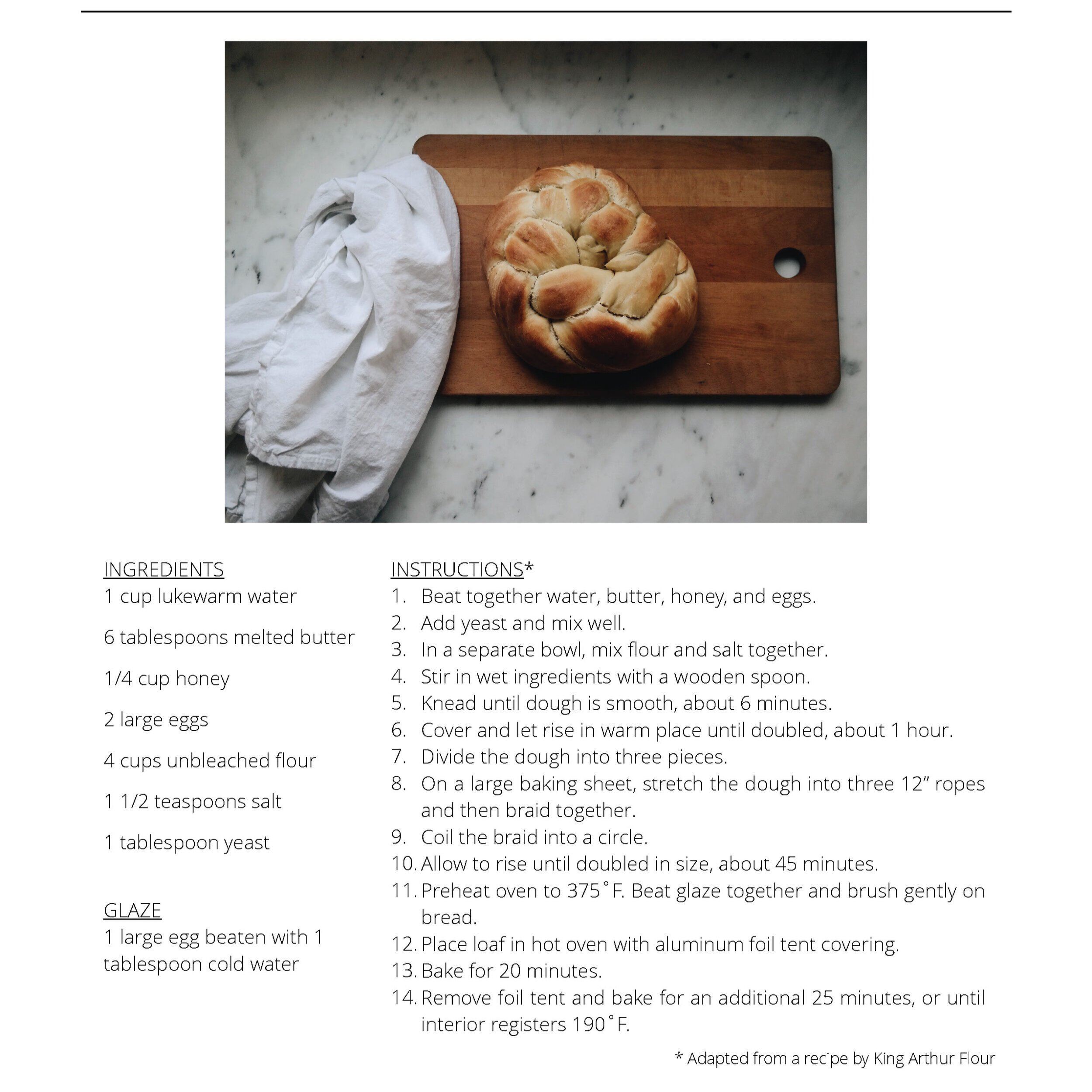Rosh Hashanah for Children
It starts with, “I’m sorry”.
Yep, Rosh Hashanah is the Jewish New Year, yet the celebration isn’t like the fireworks and festivities known to many in the Western parts of the world as New Year.
Still, celebrating with children can be fun and bring your family closer together. If you aren’t Jewish, I would encourage you to approach Rosh Hashanah with reverence. It is important to honor ancient paths and understand how celebrating the Jewish New Year with kids impacts your own faith too.
“God created humankind in His image, in the image of God He created him, male and female He created them. God blessed them and God said to them, “Be fruitful and multiply, fill the land, and conquer it. Rule over the fish of the sea, the flying creatures of the sky, and over every animal that crawls on the land….so there was evening and there was morning—the sixth day.”
-Genesis 1:27-28, 31 TLV
This. This was the beginning of Rosh Hashanah. The sixth day of creation. The beginning of humanity. God breathed life into Adam and Eve and so began our walk with The King. One Rosh Hashanah custom says Jewish people honor God as King.
This holiday is a day for somber prayer, acknowledging our King as Righteous Judge, and repenting for sins. Families spend much of this day at the synagogue in prayer. This day is actually the beginning of the 10 days of awe where Jewish people spend time repenting leading into Yom Kippur.
SO HOW THEN SHOULD WE SHARE THIS WITH OUR CHILDREN?
As usual, the best way is probably food and books!
Here is a great list of books to read leading up to and on Rosh Hashanah.
Sammy Spider’s First Rosh Hashana
Apple Days, A Rosh Hashanah Story
Celebrate Rosh Hashanah and Yom Kippur
The Family Treasury of Jewish Holidays
On Rosh Hashanah and Yom Kippur
This youtube video is perfect for 12 and under:
This is a printable resource you can purchase and download for the Ten Days of Awe:
https://www.luftmenschdesigns.com/collections/fall-holidays/products/high-holy-days-activity
Every day, during the last month of the year (Elul), a shofar is blown. This is a call to reverence and a call of holiness. It is special and fun. My boys love blowing the shofar and have come to know that it is a special privilege. In our home, we blow the shofar and then we pray.
According to tradition, Rosh Hashanah is when God judges all of creation and humanity and decides the fates of all for the coming year. The prosperity of soul, spirit, and body is the desire of our King for us, so we focus on setting our wrongs right and rejoicing in His desire to bless us.
A SIMPLE ROSH HASHANAH FOR YOU AND YOUR FAMILY
Rosh Hashanah is a two day holiday. On the eve of Rosh Hashanah, let a female member of the family light two candles and say a blessing.
Then on the first day, talk about what repentance is and watch the suggested video above. That day, you can choose one of these activities:
Find a river or pond. Take some bread crumbs with you and have each family member toss them in the water, representing tossing away your sins.
Use water-soluble markers to write sins on paper. Then put the paper into a small bowl of water. As the marker lifts away, this symbolizes how God will wash away our sins if we say, “I’m sorry”.
Write wrongdoings on paper. Turn them into paper airplanes and fly them far from you. This also represents how our sins are forgiven and sent far from us if we repent.
Sweet Foods
The next day, use this recipe from The Precious People to make a round challah. Once a year, Jewish families make round challah for several reasons. One is the year is round. Another is it looks like a crown for the King. Finally, we make this challah sweeter with raisins and extra honey.
Also, prepare sliced apples and honey. These sweet foods are symbolic of the sweetness and blessings we ask of God for the coming year. Tradition says the more sweet foods you eat today, the more blessing you will have in the new year!
This is a special blessing for the sweet foods at your meal:
Blessed are You, L-rd, our Gd, King of the universe, who creates the fruit of the tree.
May it be Your will that you bestow on us a sweet and good new year.
L’Shana Tova!
This special greeting means, “Happy New Year!” It is customary to blow the shofar and shout this greeting. Often you will hear this greeting on Rosh Hashanah and you can respond in turn, “L’shana Tova”.
Forming memories and celebrating with traditions are at the heart and soul of the Jewish faith. Fathers and mothers bless their children each Sabbath. Holidays are seen as holy times of dedication.
Establishing these customs in your own family can be a special way to honor God and draw near one another.
If you want to learn even more about these traditions, check out The Precious People curriculum. It’s a study of World History, and woven throughout you will find several Jewish feasts.
It is a great way to begin a homeschool journey and learn about these amazing opportunities to practice ancient ways.
Guest post by Sarah Ruth Owens
This post contains Amazon affiliate links. You can read our full disclosure policy at the link below.




